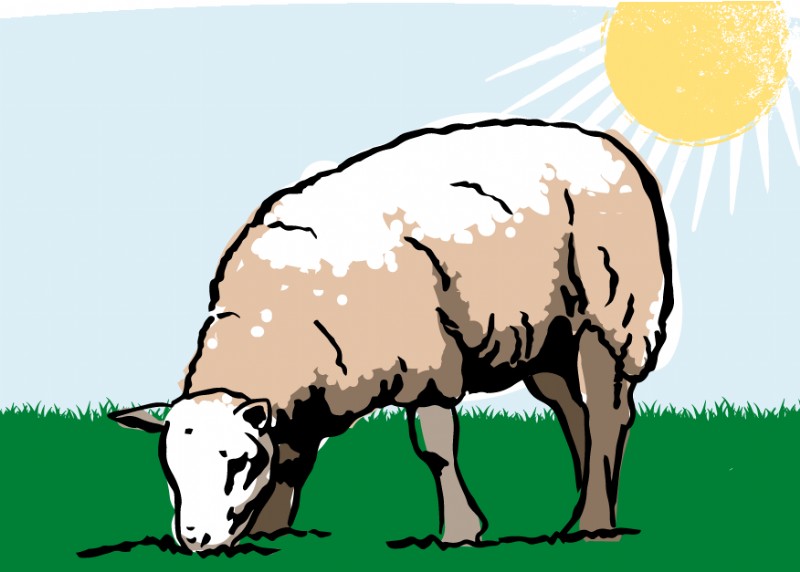

Suitable soils:
Ryegrass is a shallow-rooted grass and should be grown on moisture-retentive soils that do not dry out. The target soil pH for ryegrass grass leys is slightly acidic at around 6.
When to sow:
Ryegrass will germinate quickly from seed and sowings can be made from March until early October in southern areas. However, most seed is sown from mid March and April and from late July until mid September when soil temperatures are above 7°C.
How to sow:
Drill in two directions into a fine, firm seedbed at 10-20mm. Rolling with either a Cambridge or flat roller before and after sowing is recommended. Broadcast seed should be harrowed lightly after sowing and before rolling to encourage soil cover. If a flat roll is not available, roll twice with a Cambridge roll to finish.
Management:
Optimum sward height for grazing is 7-10cm. Early bite can be obtained on light, sheltered land from ‘Intensive Dairy Graze - Early’ (MIX3). Around 20 acres (8 ha) is advisable to provide early bite for 100 cows. A later heading mixture (MIX4) is suitable for heavier soils which take longer to warm up in the spring.
Mid summer grazing is increased by grazing ryegrass hard early in the season as this stimulates tiller production and results in more leaves and less stem. Under-grazing should be avoided as this leads to stem production and loss of forage quality. To avoid winter damage, ryegrass should be grazed down to 4cm at the end of the season.
Nutrient requirements:
N fertiliser (70kg N/ha) will be required in mid February in mild areas to mid April for northern or upland districts. Provided soil moisture is available, a mid season N fertiliser application (60kg N/ha) will produce more grass. On land where late season grass can be utilised a further dressing of N (40kg N/ha) can be applied in late August. P and K should be maintained at ADAS index 2
Yield potential:
Yields of around 13t DM/ha are achievable if N levels are maintained and grazing is actively managed.
Date Posted: 22nd January 2018



